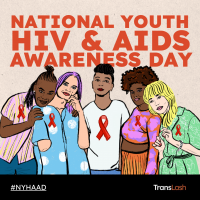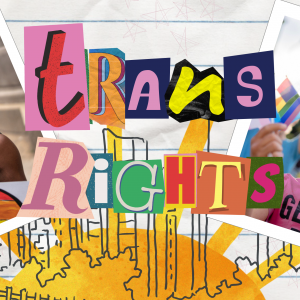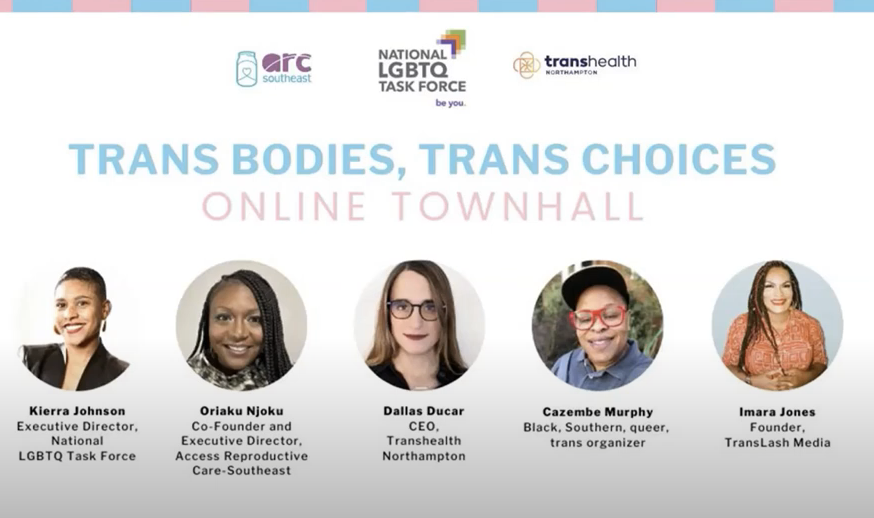By Pooja Shah
Featuring four sex workers in New York and Georgia, the newly-acclaimed documentary grants these women agency to share their own stories.
In the opening scene of D. Smith’s daring and heralded directorial debut, “Kokomo City”, a black transgender woman recounts a scenario in which a man approached her, asked about her nightly rate, and then retained her for sexual conduct. Sex worker Liyah Mitchell was about to engage in a consensual act when she suddenly spotted a pistol in the man’s waistband.
“This was one of the scariest moments of my life because I didn’t know what to expect,” Mitchell said.
Such is the reality of thousands of transgender sex workers. In an industry that is already highly violent and dangerous, Black transwomen face the daily fear of getting hurt, or worse, dying when engaging in a job that is tied to their livelihoods.
In a compelling documentary, intentionally shot in black and white, the film’s candor and social commentary offer an unapologetic analysis of the treatment of Black transwomen and the greater implications of how they deal with stereotypes, violence, and discrimination as sex workers.

“I was able to share the private lives of four transgender sex workers who are never represented publicly. I offered the girls freedom. Freedom to talk like us. Look like us. Don’t worry about the politics. Forget about makeup. Don’t worry about calling your glam squad today. Just tell your story. I wanted to humanize the transgender experience,” Smith wrote in the press notes.
One of the film’s subjects, Koko, says this the best: “ I’ve been wanting to tell my story for a long time because I want people to understand that just by being something you were born to be, does not make you worthy of being looked down on. The world makes you think you’re meant to be one way only and I’m sick of it.”
Though society stigmatizes sex workers, especially trans sex workers, “Kokomo City” successfully offers the film’s subjects the agency to tell their own narratives and debunk the stereotypes that are associated with the sex industry. For many in this profession, it is all about survival. “The man who is with us [for the night] is helping pay our light bill,” says one of the film’s subjects.
The documentary reveals how many of the customers, specifically cis men, are interested in these relationships with Black trans women as long as no one else is watching or aware. Many customers lead double lives: engaging in an act with a sex worker, and then going home to their wife or girlfriend as if nothing happened. Yet, the whole time the sex workers are the ones who are judged. They are forced to conform to society’s perception of what a sex worker should look, act, and behave like.
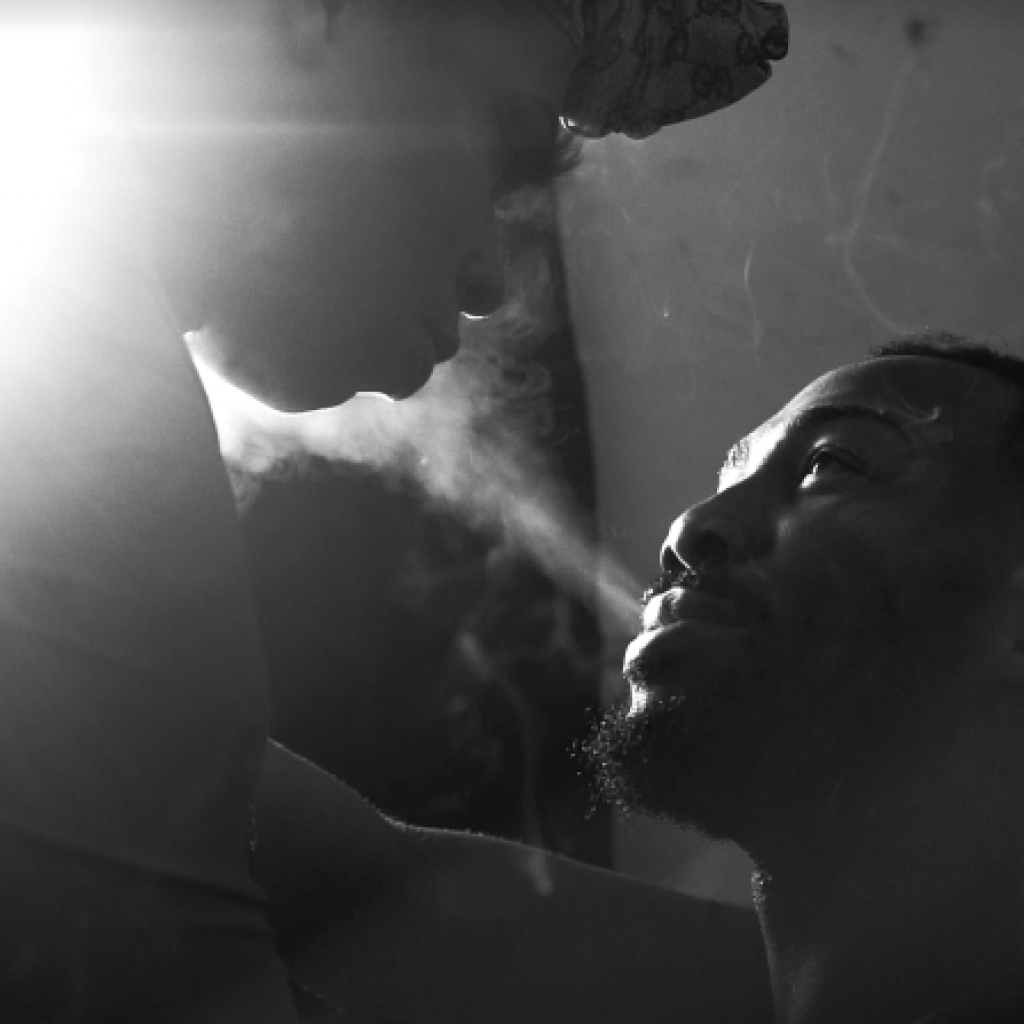
Daniella Carter, one of the film’s subjects and a lifelong advocate for LGBTQ+ youth says, “You had agency, you had resources, but many of us have a lack of agency and resources. The only resource we had was the man who fetishized us. So, my bad if I am being real and putting myself in this position makes you feel uncomfortable around me.”
Unlike Hollywood which portrays victimized sex workers, “Kokomo City” shows viewers a glimpse of the unfiltered and raw lives of four women who are just trying to get by. Their fierce attitudes and resilience are admirable, but there is one message that is clear: Black trans women deserve protection and a voice.
Magnolia Pictures has acquired the worldwide rights of “Kokomo City” at the Sundance FIlm Festival and it will be released later this year.
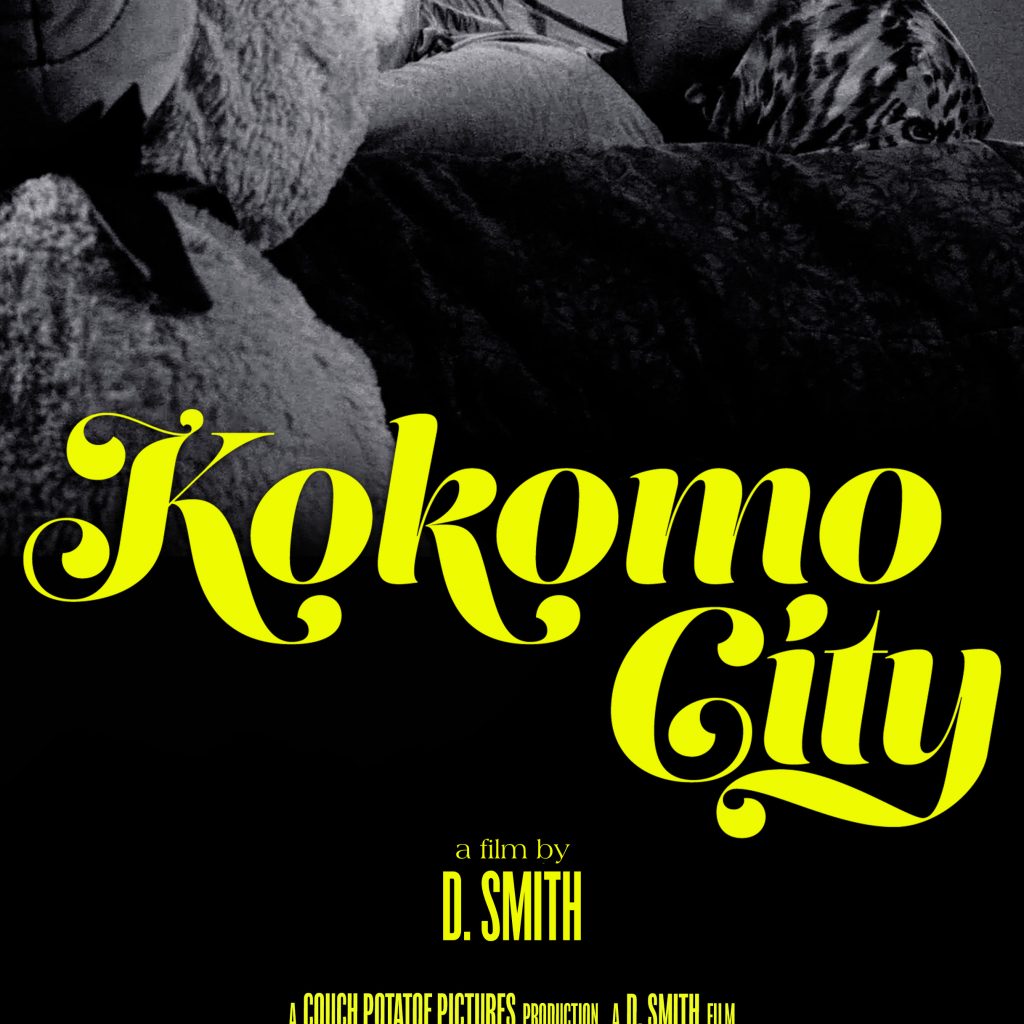
Featured Images Courtesy of Kory Mello.

Pooja Shah is a freelance writer and lawyer based in NYC. She writes on culture, food, travel, and more. Her work is at www.pooja-shah.com.






